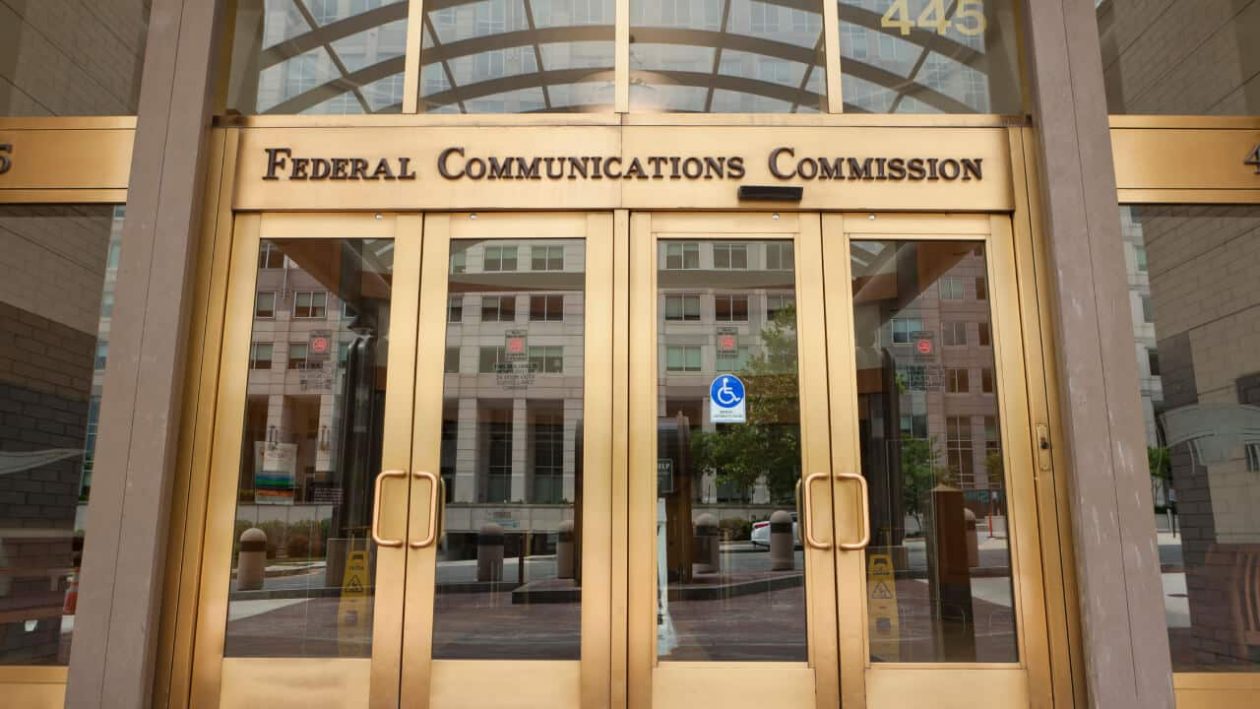FCC Mandates Phone Unlocking and Expands Digital Access

The Federal Communications Commission (FCC) recently voted unanimously to implement new rules addressing critical issues in the telecommunications sector. These rules mandate that carriers unlock cell phones for customers once their contracts are fulfilled, marking a significant win for consumer rights. This decision grants users more freedom to switch carriers and fully utilize their devices. Additionally, the ruling includes provisions aimed at improving jail communications, which is expected to help reduce recidivism rates by enabling incarcerated individuals to maintain better contact with their families.
The FCC is also enhancing the E-Rate program, which provides schools and libraries with affordable internet access. The new rules now allow for funding wireless hotspots, a move that is especially important as remote learning and digital resources become increasingly essential.
These initiatives are part of the FCC’s broader effort to close the digital divide and ensure that all Americans have access to critical communication services. The decision to require phone unlocking is expected to stimulate competition among carriers, potentially leading to better service offerings and lower prices for consumers.
However, the implementation of these rules may face challenges. Carriers have historically resisted phone unlocking due to concerns about security and revenue loss. Additionally, there are concerns about how effectively these new rules will be enforced, especially in areas like jail communications, which involve complex legal and logistical challenges.
While these measures represent a positive shift in policy, critics argue that they do not fully address the deeper issues within the telecommunications industry. High costs of phone and internet services in the U.S. continue to be a significant barrier for many low-income households. There are also concerns about potential unintended consequences, such as increased fraud risks associated with unlocked phones.
Overall, the FCC’s new rules are a significant step toward improving consumer rights and expanding access to essential communication services, but the long-term success of these measures will depend on their effective implementation and enforcement. As the telecommunications landscape continues to evolve, it will be crucial to monitor the impact of these changes on both consumers and the industry as a whole.
